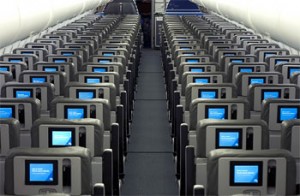There was an article in the Globe and Mail that revealed how one of Gap’s suppliers in Bangladesh, the Next Collections Limited factory, had been committing serious labour abuse. Workers were being forced to work extremely over time, in poor working conditions, and were often fired for unsubstantiated reasons.
What stood out to me was how although operations overseas can be beneficial cost-wise, there are some major concerns to be considered as well. These days many companies are shifting their supply operations to places like China and India where labour is cheap and they can reduce costs. However, by moving parts of its supply chain far away from home, companies lose control over their production process. Inspections over these factories are rare and time-consuming, leading to overlooked issues. When these problems surface they can have a damaging effect on a business’ reputation, even if they themselves are not abusing their workers. I would suggest that businesses undertake more thorough inspections of their overseas production factories in order to avoid this problem. The article stated that Gap had only spent a mere 20 minutes at the factory before leaving to talk with management.
Tu Thanh Ha, “Gap supplier hid labour abuse in secret books: report,” The Globe and Mail, October 4, 2013, accessed October 5, 2013, http://www.theglobeandmail.com/news/world/gap-supplier-hid-labour-abuse-in-secret-books-report/article14703128/

